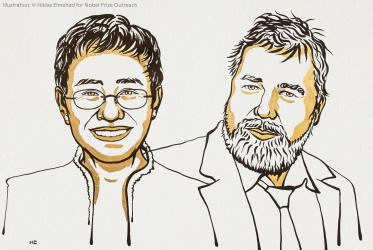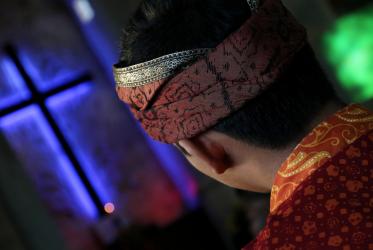Église évangélique methodiste des Philippines
(Iglesia Evangélica Metodista en las Islas Filipinas, IEMELIF)
Protestant missions started in the Philippines after the USA replaced Spain as the colonial power in the early 1900s. Among them were the Methodists. In the latter part of the first decade of the 20th century serious differences emerged between the Methodist missionaries and the Filipinos on the role of the latter in the running of church affairs. The intense spirit of nationalism that burned in their hearts led some Filipino church leaders to set up their own church that would be self-governing, self-sustaining, and self-propagating. Hence, in 1909, the Iglesia Evangélica Metodista en las Islas Filipinas (IEMELIF) was founded under the leadership of the first Filipino ordained pastor of the Methodist Episcopal Church. The early leaders were simple people. Consequently, their ways and methods of evangelism were attuned to the temper of the ordinary Filipinos, which accounted for the early success in building the church. However, the membership has not grown significantly due to several schisms that occurred in the past.
The church's early polity was patterned after that of the Methodist Episcopal Church. The discipline and rituals of the IEMELIF followed those of the mother church and were used for over four decades. However, in 1948, the IEMELIF amended its discipline and lodged the responsibility for leading the church in its consistory of elders, composed of 11 ordained ministers and two lay persons. This discipline was used from then on, with minor amendments from time to time. In 2004, a new discipline was approved by the general conference which introduced major structural change in the church organizational set-up, although retaining the consistory of elders as the policy-making body while the general superintendent runs the affairs of the church.
At the turn of the 20th century, the church re-envisioned its role and the challenges it faces for the 21st century. By God's grace and anchoring itself in its own distinctive identity, the IEMELIF will focus in the near future on church growth in the Philippines and broaden its missions abroad.



